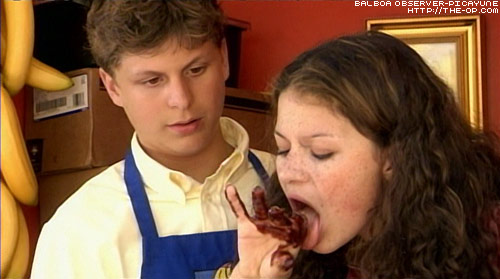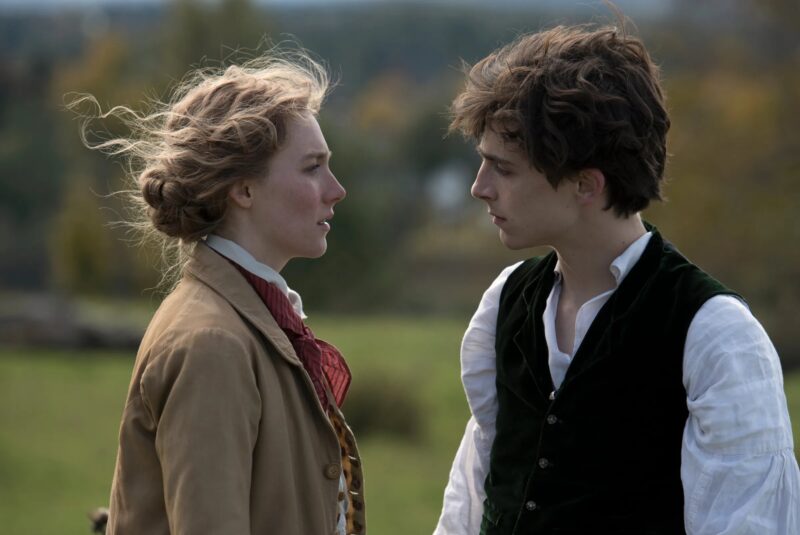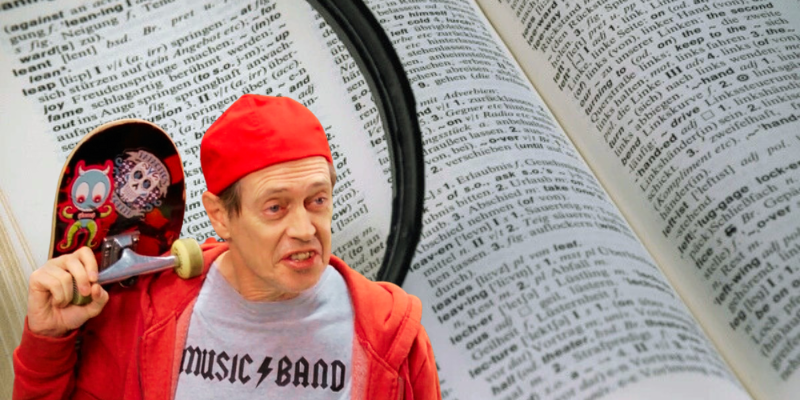August 18, 2025, 12:28pm
This year, in keeping with its annual word-adding tradition, the top minds behind the standard-setting Cambridge dictionary have opened the doors to Generation Alpha.
Among the 6000 words added to this year’s descriptive encyclopedia are notable internet contributions like “skibidi,” “delulu,” and “tradwife.” As Matthew Weaver at The Guardian puts it, these word choices confirm “the increasing influence of TikTok.
Though I can’t say I’m not baffled by the origins of certain additions, Cambridge’s lexical program manager, Colin McIntosh insists that the dons only include words that they believe will have “staying power.” And you know what? If he says so! I’m willing to twist my tongue. But I may need help.
If you too have recently sat opposite a young ward and felt the alarming chasm of age when they opened their mouth (or phone), you’ve come to the right place. Here’s a rundown on the new lingo, complete with examples a millennial can parse. For my fellow teenagers, and anyone who thinks “New Slang” and immediately hears this.

1. Skibidi (adjective; humorous slang)
Cambridge defines this slippery term as “a word that can have different meanings such as cool or bad.” Sometimes it’s just there to punctuate a sentence.
As in, “What the skibidi are you doing?” Or the ultra natural, “Skibidi, skibidi, skibidi, a boy of around seven sang to himself, as he dribbled a soccer ball.”
Though often used to add emphasis, when paired with other terms—like “Ohio” and “rizz”—”skibidi” can also become a powerful slight.
To put it in Millennial terms? “When courting his cousin Maeby Fünke, George Michael Bluth often demonstrated skibidi Ohio rizz.“

2. Tradwife (noun; abbreviation for “traditional wife”)
Cambridge defines this specimen as “a married woman, especially one who posts on social media, who stays at home doing cooking, cleaning, etc., and has children that she takes care of.”
I’m not sure this definition entirely captures a certain gleeful Stepford quality that a true trad espouses. (Delight in domesticity still feels key to this 2020 phenomenon.) But the bones are there.
Consider the Millennial example. “Jo March in Greta’s version was simply not interested in being a tradwife.”

3. Delulu (adjective; often humorous)
I think Cambridge got this one basically right. Per the top minds, delulu is “a play on the word delusional,” and involves “believing things that are not real or true, usually because you choose to.”
A fun-to-say descriptor, this one was officially laundered into elite usage when the Prime Minster of New Zealand deployed it in a speech.
To my peers, I submit the following.“Carrie Bradshaw was fully delulu when she rode that ATV to impress her married boyfriend.”

4. Work spouse (noun)
Here we have a holistic term to replace the gendered “work husband,” and “work wife.” This, per Cambridge, is “a person with whom someone has a close, but not romantic, relationship at work.”
You may trust them as you would a real spouse, but the love is entirely confined to context. As in, “Jack Donaghy and Liz Lemon were the ultimate work spouses.”
I won’t speak for you, reader. But I sure feel better about the world’s turning. Also wishing “Lewk,” “inspo,” “mouse jiggler,” and “broligarchy,” a warm welcome to English letters.
